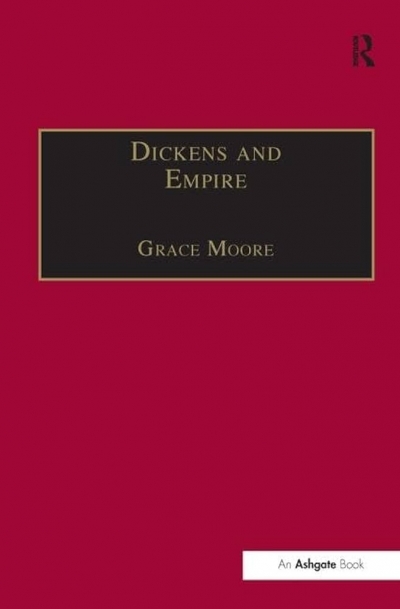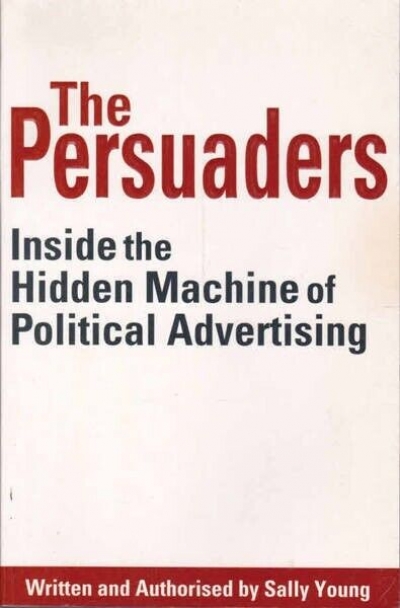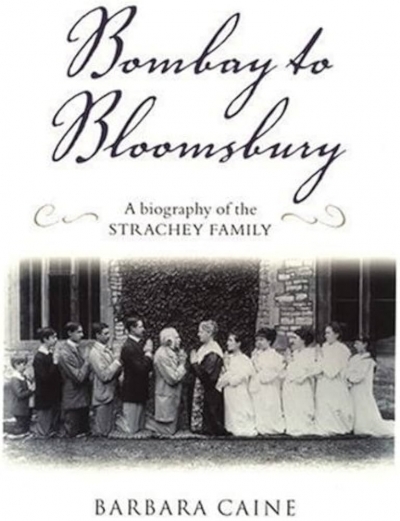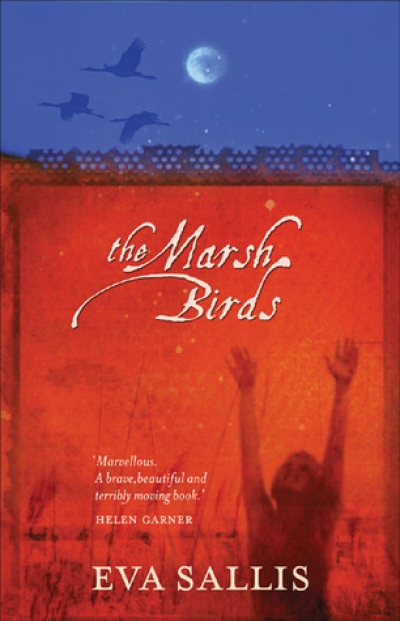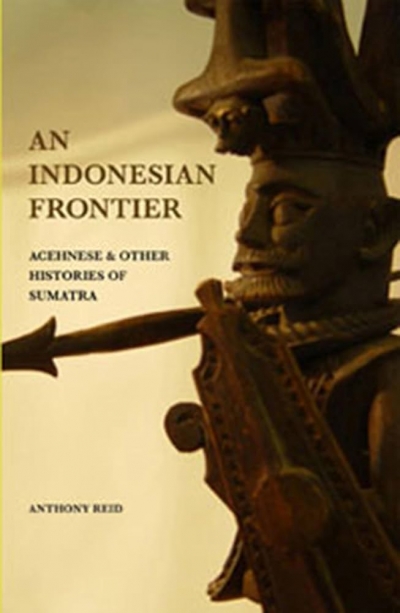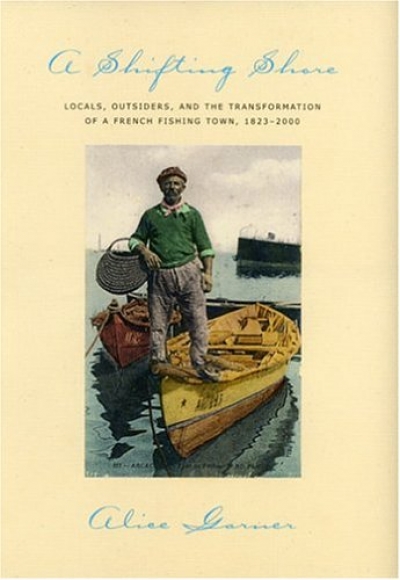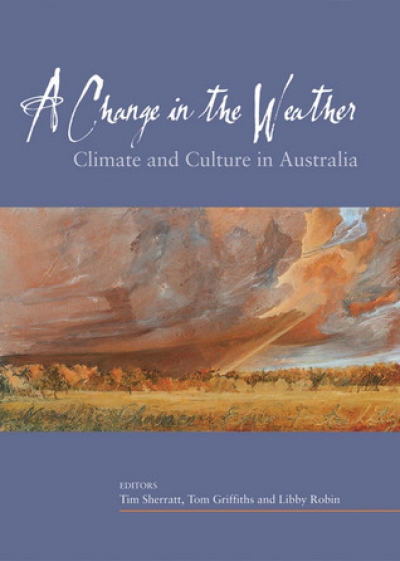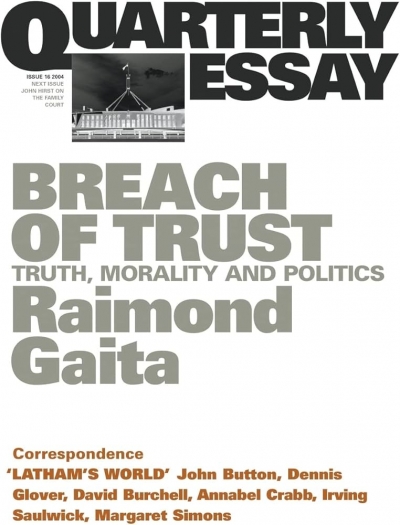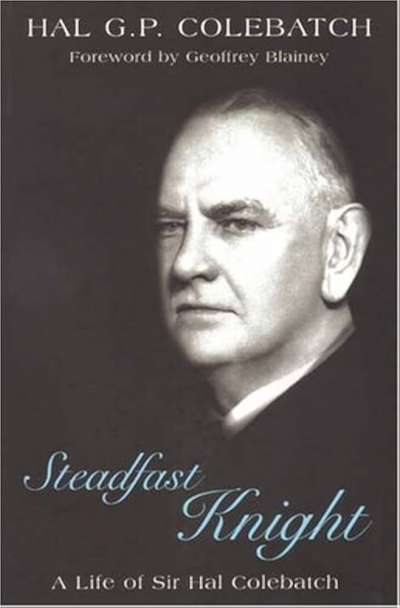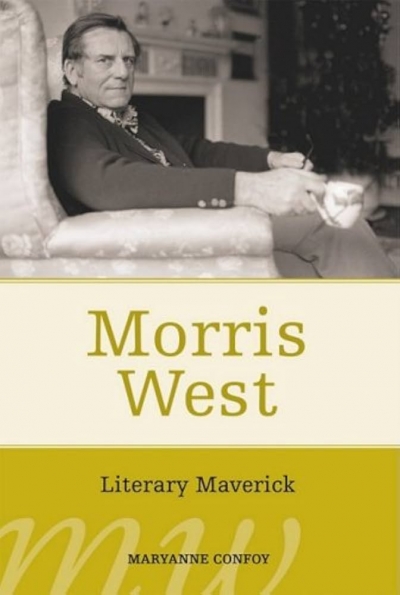Review
Dickens and Empire: Discourses of class, race and colonialism in the works of Charles Dickens by Grace Moore
by Graham Tulloch •
The Persuaders: Inside the hidden machine of political advertising by Sally Young
by Grant Bailey •
Bombay to Bloomsbury: A biography of the Strachey family by Barbara Caine
by Ian Britain •
An Indonesian Frontier: Acehnese and other histories of Sumatra by Anthony Reid
by John Monfries •
A Shifting Shore: Locals, outsiders, and the transformation of a French fishing town, 1823-2000 by Alice Garner
by Gay Bilson •
A Change in the Weather: Climate and culture in Australia edited by Tim Sherratt, Tom Griffiths and Libby Robin
by Ian Noble •
Quarterly Essay 16: Breach of trust: truth, morality and politics by Raimond Gaita
by John Uhr •
Steadfast Knight: A life of Sir Hal Colebatch by Hal G. P. Colebatch
by Paul de Serville •

